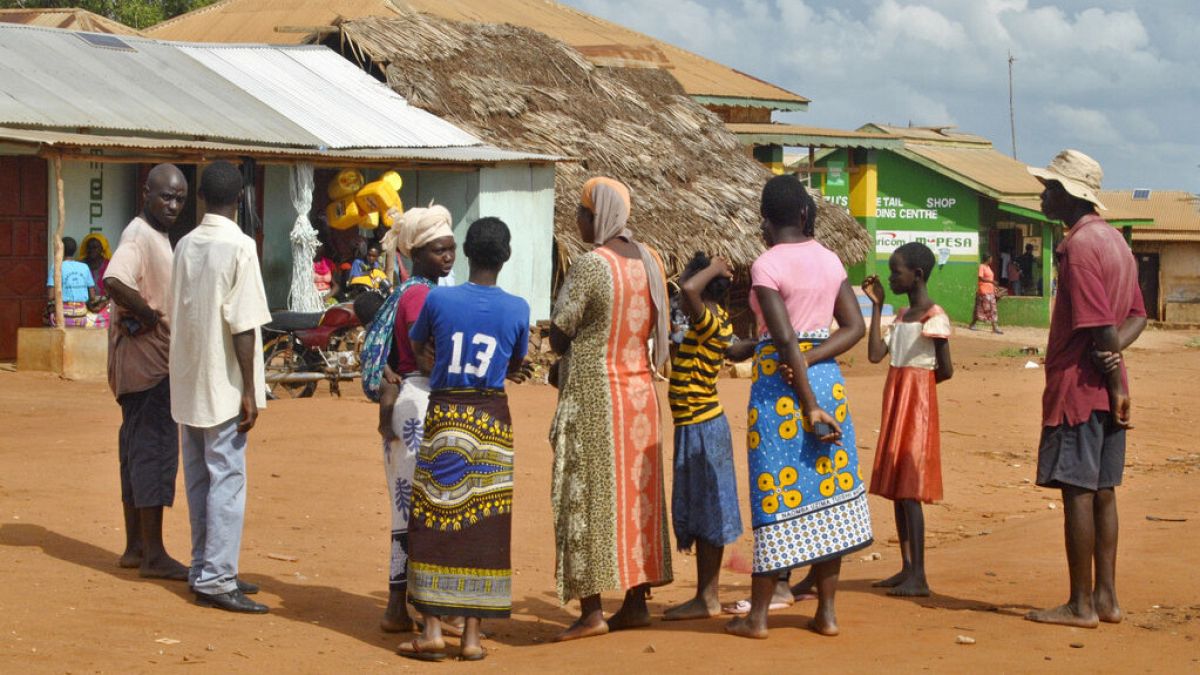Kenya’s Space Agency (KSA) recently identified a massive metallic ring that fell from the skies and crashed into a village in southern Kenya. The object, which weighs 500 kilograms and measures approximately 2.5 meters wide, landed in Mukuku village, located southeast of Nairobi. This mysterious object turned out to be space debris from a launch rocket, according to the KSA. The local residents described the ring as “red and hot,” and initial assessments suggest that it is a separation ring from a launch rocket. Normally, space debris tends to burn up before entering the Earth’s atmosphere or falls over unoccupied areas, such as the sea.
The KSA is taking this incident seriously and stated that it is an isolated case that will be thoroughly investigated and addressed using the established framework of International Space Law. The agency’s experts will analyze the object, identify the owner using existing frameworks, and keep the public informed of the next steps and outcomes. One local resident, Joseph Mutua, shared his experience of hearing a loud bang while tending to his cow and discovering the fallen object. He expressed relief that the object landed in a safe area, as it could have been catastrophic if it fell on a homestead. KSA officials have secured the area and retrieved the debris, with a focus on assessing the extent of the damage to the village, residents, and animals.
Space debris is a growing concern for space agencies and countries worldwide, due to the increasing number of satellites in orbit. A UN panel on space traffic coordination emphasized the need for urgent action to track and manage objects in low Earth orbit, where the European Space Agency estimated over 14,000 tonnes of material present. As such, incidents like the recent discovery in Kenya highlight the importance of effective space debris management to ensure the safety of Earth’s inhabitants and the sustainability of space activities.
The KSA’s prompt response to the fallen metallic ring showcases their commitment to handling such incidents efficiently and responsibly. By following the guidelines of International Space Law and utilizing existing frameworks, the agency aims to identify the owner of the object and provide transparency on the investigation process. This proactive approach reinforces the importance of collaboration among space agencies and countries to address the challenges posed by space debris and mitigate potential risks associated with falling objects from space.
The local community in Mukuku village was fortunate that the fallen ring did not cause any harm or damage to property. The incident serves as a reminder of the unpredictability of space activities and the potential dangers of uncontrolled space debris. Through continued research, monitoring, and coordination efforts, space agencies like KSA can enhance their capabilities in tracking and managing objects in orbit, ultimately contributing to a safer environment for Earth and its inhabitants. By learning from incidents like this, the global space community can work together to minimize the risks associated with space debris and ensure a sustainable future for space exploration and satellite operations.





















